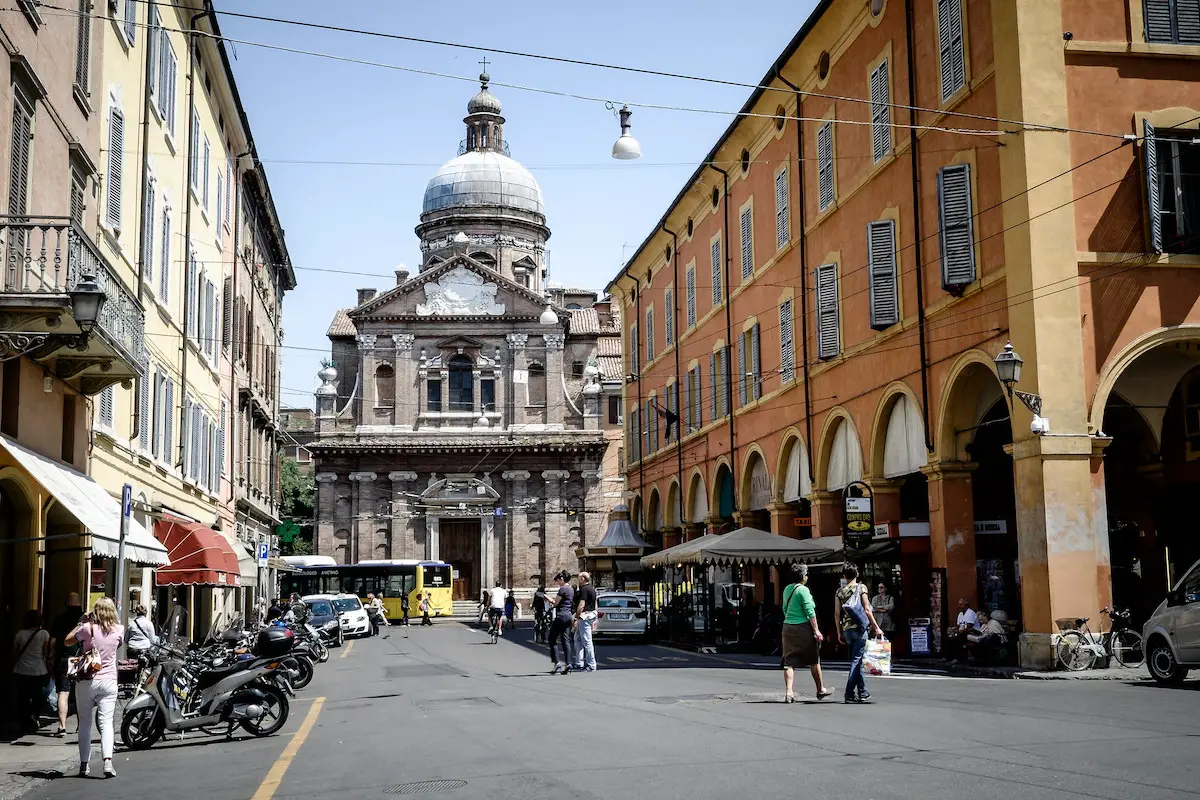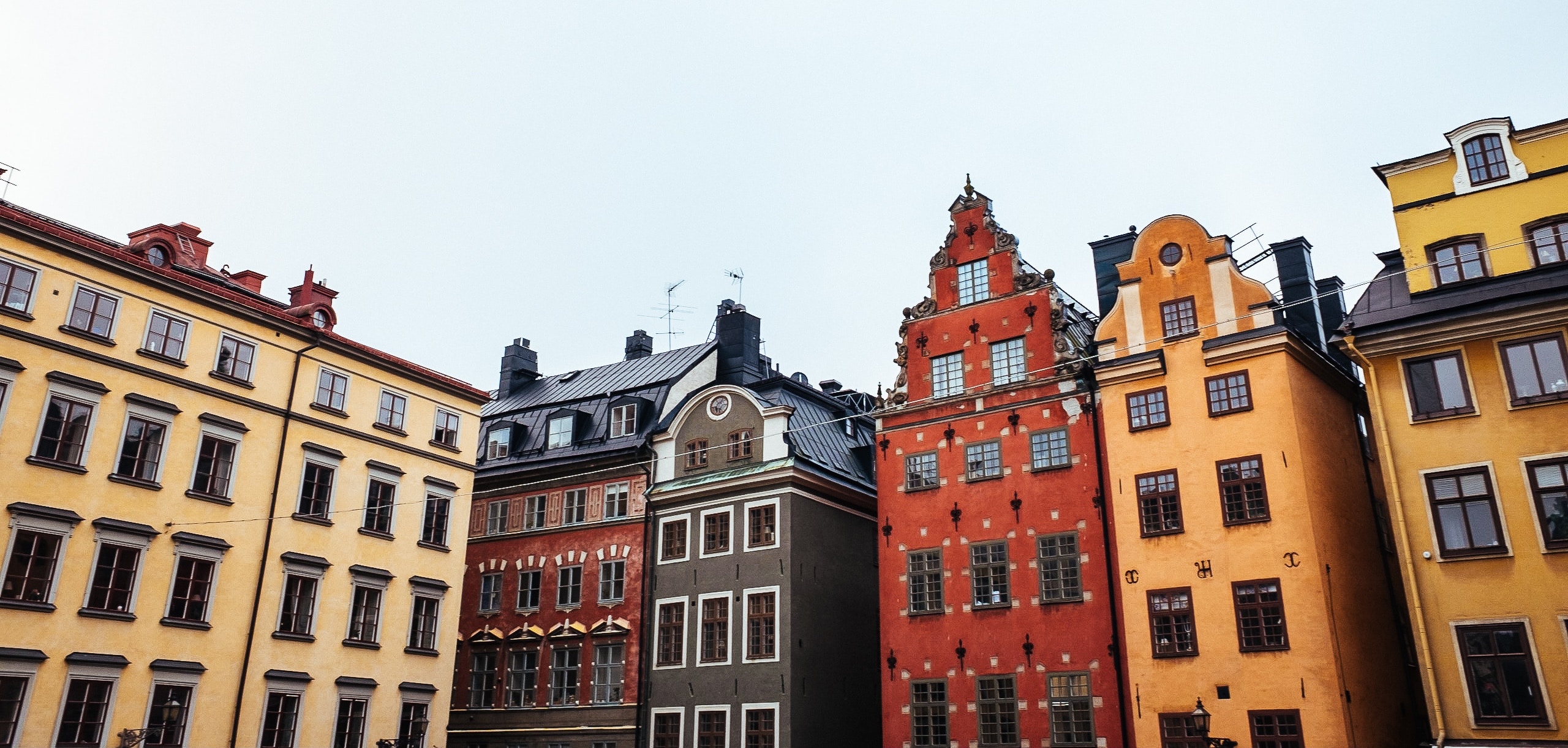I’ve just returned from my best scuba diving trip ever. Mike Ball dive trips are legendary, so I wasn’t surprised people had travelled from the Caribbean, Canada and Cape Town to wonder at Australia’s Coral Sea. But one full dive boat does not heal Queensland’s tourism industry rocked by the relentless negative publicity brought on by drought then floods and cyclones. This reality left me wondering, can cycling help to boost the tourism industry here in Queensland and around the world?
I believe it can. Times have changed, people demand more from their holidays. A week on the beach with fish and chips for supper no longer cuts the mustard. People expect magical settings – and not having to travel too far to enjoy them, unique experiences, knowledgeable hosts, neutral impacts on the environment, locally sourced fresh seasonal produce and direct access to a different, more relaxed, way of life.
Bicycle tourism has moved from the margins to the mainstream. ‘Green tourism’, ‘ethic holidays’ and ‘slow travel’, has, for those who have been prepared to embrace change and diversify, led to cost savings, enhanced reputation, operational efficiency and improved profitability. Moreover consumer demand is alive and consistent.
The very moment the Otago Central Rail Trail in New Zealand was proposed opposition groups began forming. Landowners, local traders and residents alike couldn’t see any tangible benefits of thousands of bike riders pedaling along a disused rail line. A few years on and more than 60,000 people visit the trail each year. Many of the previously opposing farmers and landowners have diversified their businesses to provide farm accommodation and family run cafes, and ‘side businesses’ like curling and horse riding have opened as the result of more visitors. Half of businesses along the trail directly attribute three quarters of their turnover to the Rail Trail. Turning a potential liability into an asset has enabled the community to prosper and created a strong destination product.
The Tarka Trail in Devon is one of England’s longest continuous traffic-free cycling paths. More than 30 miles of safe off-road cycling experiences has resulted in half a million additional tourist nights, directly created over 500 jobs and resulted in the opening of seven bicycle hire companies. Furthermore, job creation and tourist spending has occurred in an area of declining agricultural employment where diversification of the economy was most needed.
But bicycle tourism doesn’t always require extravagant expensive infrastructure. Wollumbin BUG, a non-profit community-based Bicycle User Group, in Northern New South Wales, 30 minutes drive from Queensland’s Gold Coast, celebrated the first birthday of their group with a ‘Ride the Scenic Rim’ cycling weekend. More than 100 people from across Australia converged on the Murwillumbah Showgrounds for bicycle excursions and après-cycling entertainment. Normal people in normal clothes on normal bikes cycled around the Tweed countryside enjoying the scenery but most importantly spending cash on coffee in local cafes, buying dinner at local pubs and purchasing from independent shops and galleries. More events like the ‘Ride the Scenic Rim’ weekend can help change perceptions of cycling, encourage more people to cycle for fun and most of all enable more people to spend more money in rural destinations.
On the banks of the Dart Estuary, in 30 acres of gardens, is the National Trust’s beautiful Greenway House, once owned by Agatha Christie. In response to a planning application Greenway managers produced a sustainable transport strategy with the aim to increase visitor numbers and reduce visits by private car. Almost a decade on, and thanks to ‘Green Ways to Greenway’, the property is more popular than ever with more than two thirds of visitors arriving by river ferry, vintage bus, canoe or bicycle. Installing cycle parking at the house has widened travel choice and attracted a brand new audience of patrons.
In a refurbished barn in rural Cornwall, a team of four extraordinarily creative and enthusiastic people encourage, inform, network, research, lobby, measure, persuade, object, question, bend ears, break boundaries and are revolutionising tourism. They are Coast – Cornwall Sustainable Tourism Project – an independently run social enterprise who work with everyone from camp sites to fudge makers, beach cafes to beer brewers, hotels to photographers and even recycling collectors to ensure tourism delivers social, economic and environmental benefits, as well as fantastic holidays. Through their network, One Planet Tourism, more than 1250 members across 20 countries pick each other’s brains, swap information, provide support and wisdom and share triumphs, failures, frustrations and breakthroughs, with the aim to make tourism, in all shapes and sizes, more sustainable.
So yes, cycling really does have the potential to provide significant economic, social and environmental benefits to urban and regional destinations. There isn’t one single way of making everything right overnight, but if we really want to boost and diversify tourism, and make cycle tourism a success, we all have to work together; tourist operators, transport providers, traders, landowners, local authorities, government agencies, economists and bicycle specialists alike. We need to research the market potential, understand the diverse market segments and join all the tourism projects up together, then, we really can make that big difference.
The Mike Ball brand has been cultivated, locally and internationally, through extraordinary passion over the last 40 years. Times have changed and smaller less established tourism providers don’t have the time or money to wait for people to travel from far flung corners of the world. If we really want tourism to be sustainable, through weather and economic slumps, then cycling certainly is part of the answer.
Rachel Smith is a Principal Transport Planner with professional technical services consultancy AECOM in Brisbane. You can download Rachel’s Cycling Super Highways Toolkit here.
Photo: Julien Borean


